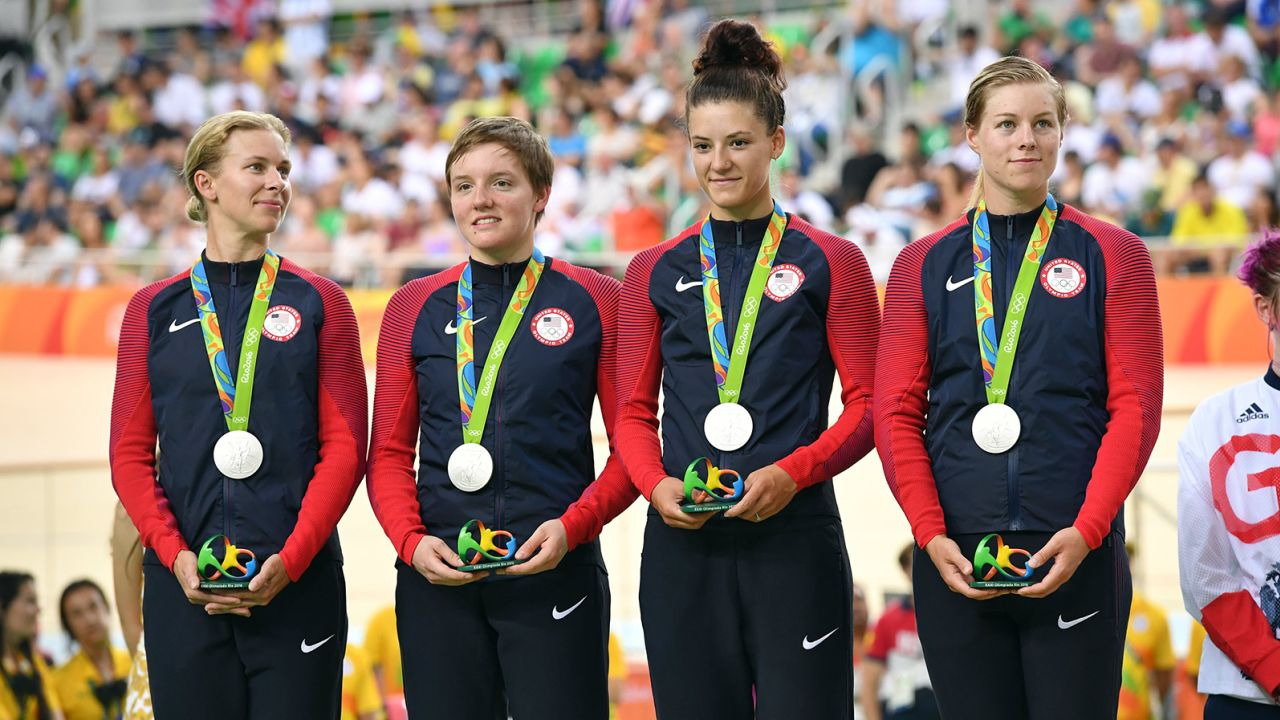These talented young athletes committed suicide. They were all suffering from head trauma
Despite never having met, Kelly Catlin and Ellie Soutter shared a lot of similarities.
Both were dominant athletes: Soutter, a snowboarder, was expected to be one of Team Great Britain's top contenders for the 2022 Winter Olympics after winning a bronze medal at the 2017 European Youth Olympic Festival, while Catlin, a US track cyclist, was a three-time world champion and Olympic silver medalist.
Both were extremely intelligent; Soutter acquired French in about six months, according to her father, while Catlin was pursuing a master's degree in computational and mathematical engineering at Stanford University.
They occasionally appeared to be superhuman. In 2013, Soutter, who had fractured her wrist and had just completed three weeks of regular training, won the British Championship while wearing a cast on her arm. To talk to an elementary school about her Olympic experience, Catlin once rode 80 miles through snow and sleet. She had a soft spot for kids.
However, these two women's lives were brutally cut short after they committed suicide after suffering severe brain injuries while pursuing athletic excellence. When Soutter committed herself on her 18th birthday, Catlin was 23 years old.
According to a review of 25 studies on concussions caused by sports injuries that was published in the Orthopaedic Journal of Sports Medicine, women may be more prone to concussions and have worse and more lingering symptoms than men.
Women are still notably underrepresented in sport and exercise science research, nevertheless. Leading medical professionals warn that as a result, they frequently do not receive the care they require after suffering a head injury.
Dr. Ann McKee, Director of the Boston University Chronic Traumatic Encephalopathy (CTE) Center, told CNN that historically, women's sports have not gotten the same support or money as men's sports.
Women athletes have been found to experience longer healing times after concussions, according to research, said McKee.
"Our knowledge of what transpires in the female brain is insufficient. We don't know whether women are biologically more prone to these injuries, she added, adding that some study indicates that women's neck size and musculature may be related.



Komentar
Posting Komentar